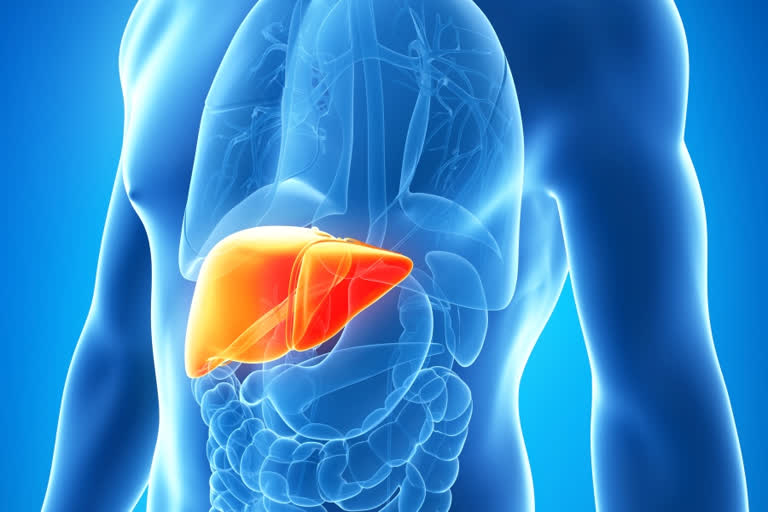The liver is a key player in our body's digestive system and helps in proper digestion, metabolism, removal of toxins, and nutrient storage. The organ plays a vital role in affecting our overall health and wellness, thus to improve its functioning to prevent damage, a healthy lifestyle is important, the health experts said. "A healthy liver is the key to a long life term. With slight changes in lifestyle you can maintain good liver health," said Dr Ameet Mandot, Senior consultant and Clinical lead - Adult Hepatology and Liver Transplant unit - Global Hospital, Parel, Mumbai.
"Maintaining the health of the liver is quite necessary as it performs many functions and plays a vital role in the human digestive system. Everything you eat or drink passes through the liver. You cannot survive without a liver. It is an organ that can be easily damaged if you don't take good care of it," added Dr. Abhishek Deepak, Senior Consultant - Gastroenterologist at Sharda Hospital, Greater Noida.
The health experts explained that leading an unhealthy lifestyle - with improper diet, lack of physical activity, being overweight, can all lead to conditions like diabetes, hypertension, thyroid disorders, and abnormal cholesterol levels. All these are major risk factors for developing non-alcoholic fatty liver disease (NAFLD), which then progresses to liver cirrhosis -- late-stage liver disease in which healthy liver tissue is replaced with scar tissue and the liver is permanently damaged.
Mandot suggested maintaining a healthy diet along with weight management. "Avoid fatty foods, exercise regularly, consume alcohol responsibly and in moderation, cut down or stop smoking, avoid use of illicit drugs," Mandot noted. At the same time, according to Dr. Gaurav Gupta, Consultant & Chief Surgeon, Department of Liver Transplant & HPB Surgery, Fortis Hospital Mulund, not drinking enough water, taking stress as well as taking some painkillers and other drugs may also contribute to liver disease.
Gupta said that "painkillers containing acetaminophen, paracetamol, and narcotics; sleeping pills; stimulants/ADHD drugs like ritalin, amphetamine; and cocaine, marijuana, and ecstasy," can easily surpass a safe threshold of liver tolerance and can cause significant damage to the organ. "Intravenous drugs can transmit infections like hepatitis B and C, which can also lead to chronic liver disease and even liver cancer," he added. The experts also suggested avoiding the use of contaminated needles, getting proper medical care if exposed to blood, not sharing personal hygiene items, practicing safe sex, washing hands, following directions on all medications and most importantly, getting vaccinated.
(IANS)
Also Read: Bad breath can be indicating Fatty Liver




